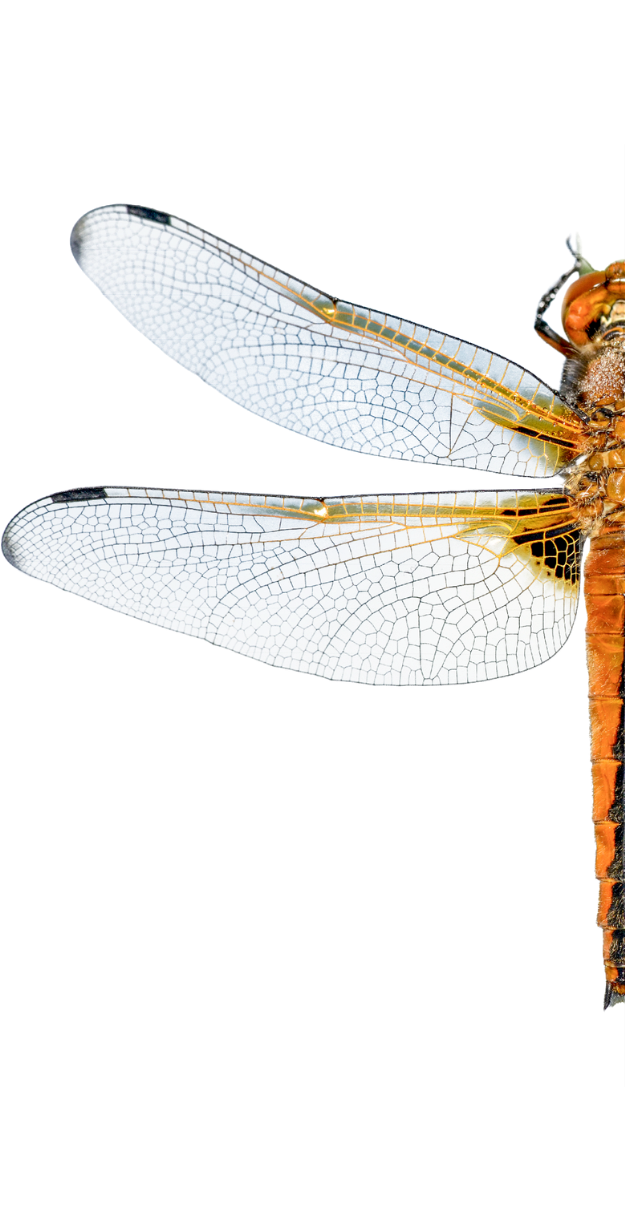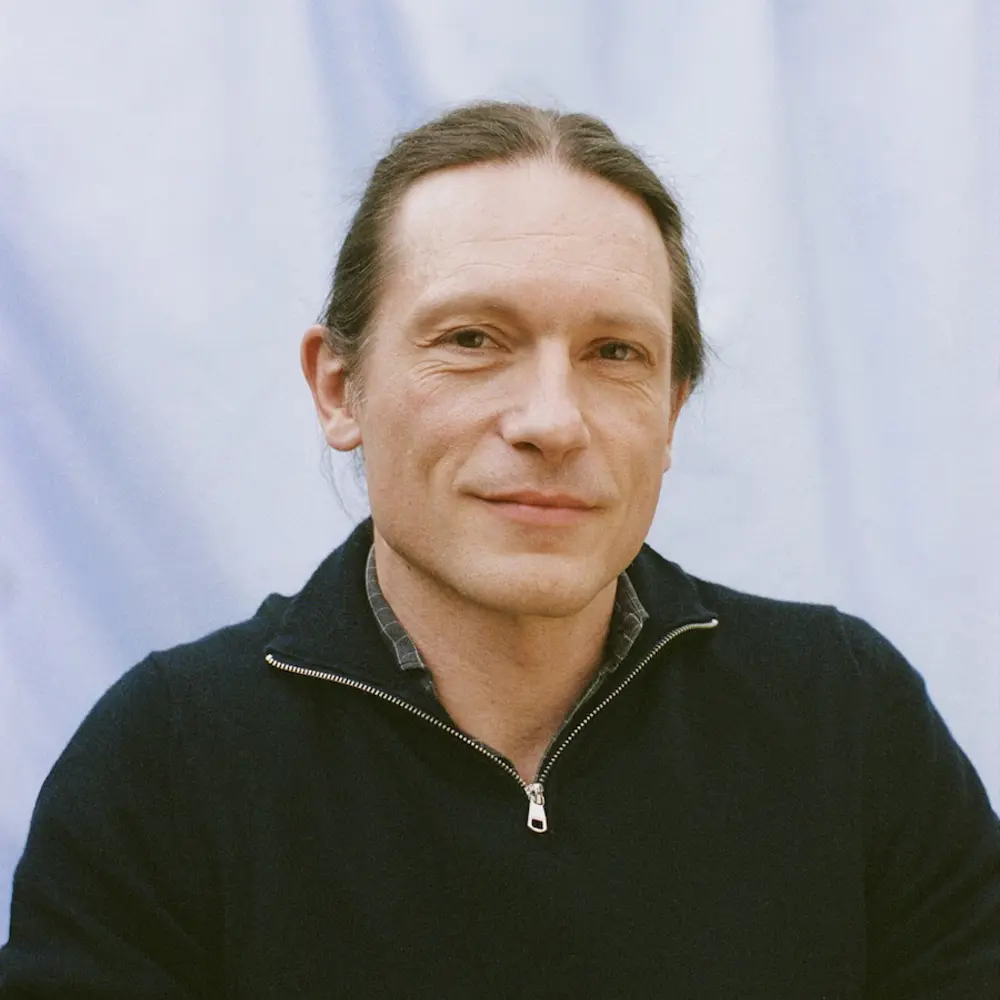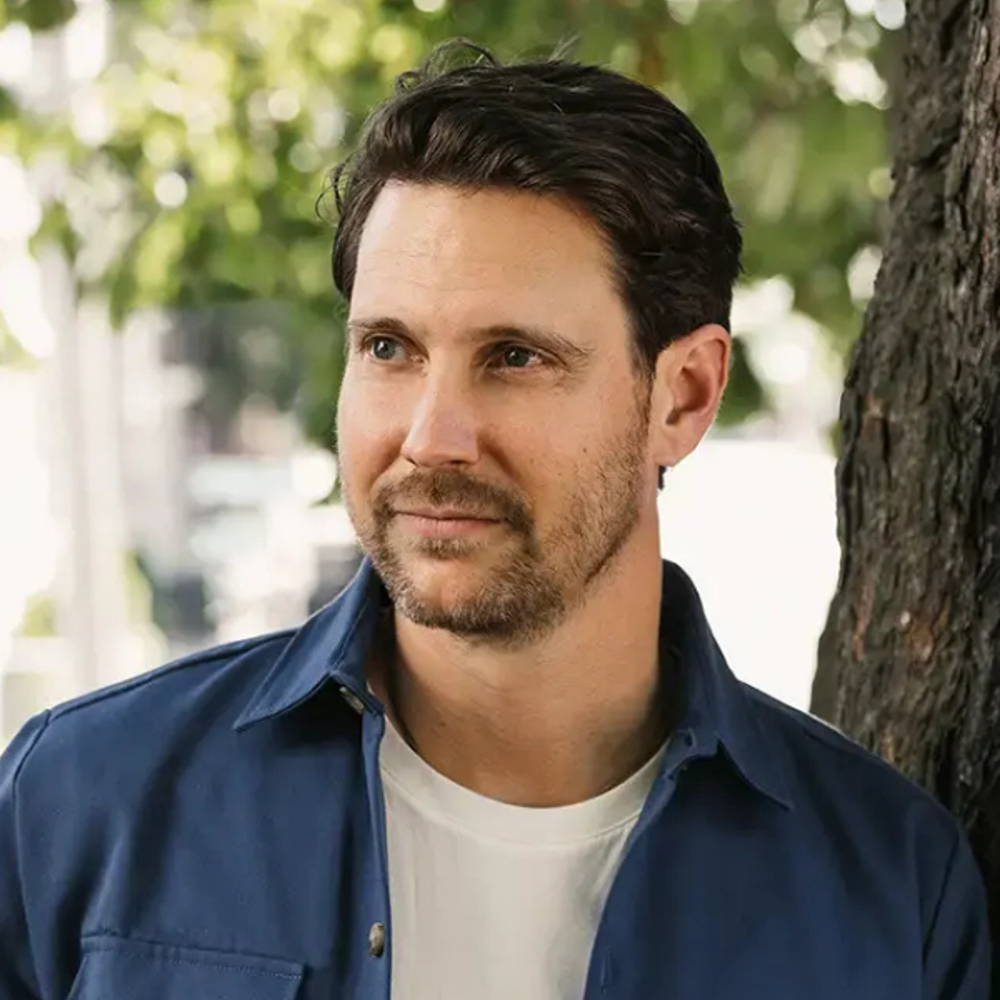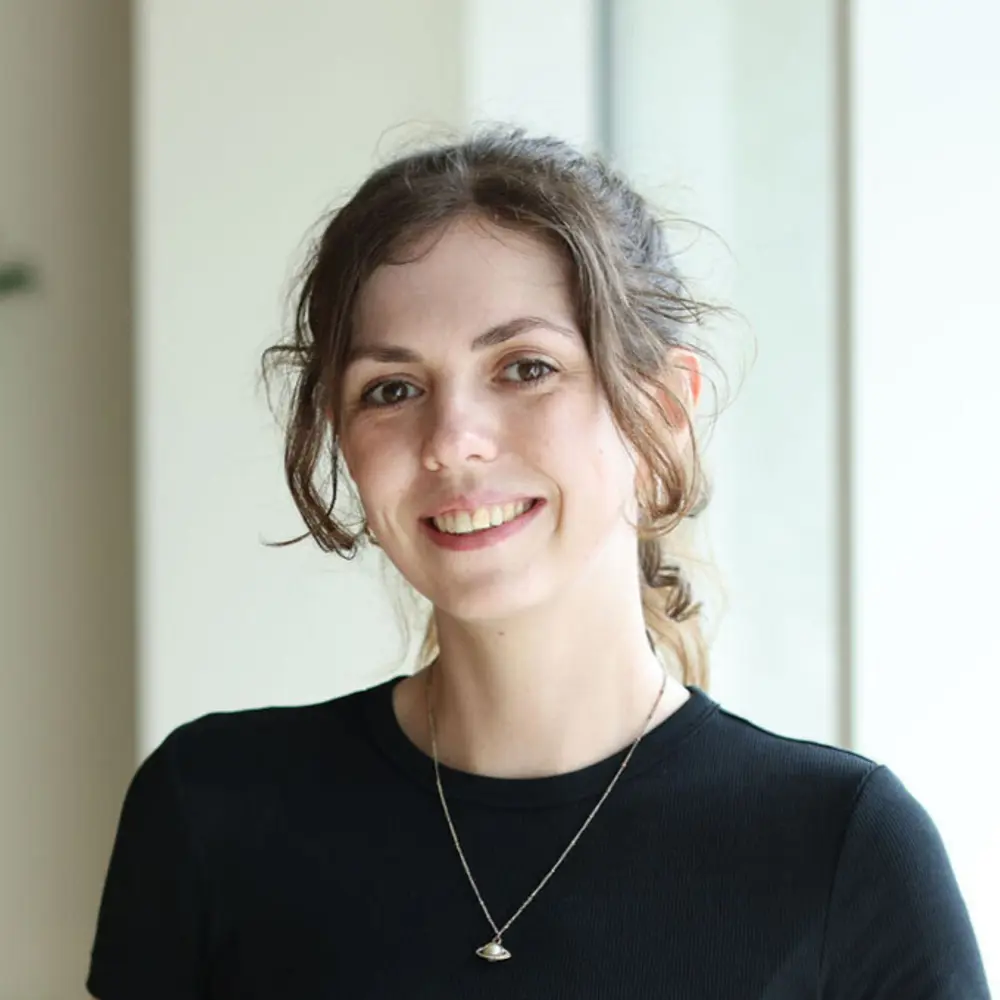
Engineering Ecosystem Resilience
Living organisms underpin our food, climate stability, and materials – ecological collapse threatens the foundations of civilisation. By pairing advanced monitoring with resilience-boosting interventions, we could halt biodiversity loss and enable people and nature to thrive.
What is an opportunity space?
Opportunity spaces are areas of research that we believe are ripe for breakthroughs. They are defined by our Programme Directors, and must be highly consequential for society, under-explored relative to their potential impact, and ripe for new talent, perspectives, or resources to change what’s possible.
Core beliefs
The core beliefs that underpin this opportunity space:
With ecosystem degradation accelerating globally, humanity’s most vital unsolved technical capability is engineering ecosystem resilience → success could pave the way towards unparalleled human and planetary prosperity.
Our tools to measure, predict, and manage ecosystems are insufficient → effective stewardship demands proactive deployment of fit-for-purpose technologies.
Ecosystems are complex adaptive networks where small changes can have outsized effects → with the right tools, we can design highly effective interventions that are both ethical and environmentally responsible.
Converging advances in high-throughput genomics and prediction, gene editing, accelerated evolution, robotics, novel sensors, and AI analytics → together unlock a new integrative paradigm for engineering ecosystem resilience.
Give feedback on this opportunity space
Help inform the development of the programme thesis.
Meet the programme team
Our Programme Directors are supported by a core team that provides a blend of operational coordination and highly specialised technical expertise.
Sign up for updates
Stay up-to-date on our opportunity spaces and programmes, be the first to know about our funding calls and get the latest news from ARIA.





